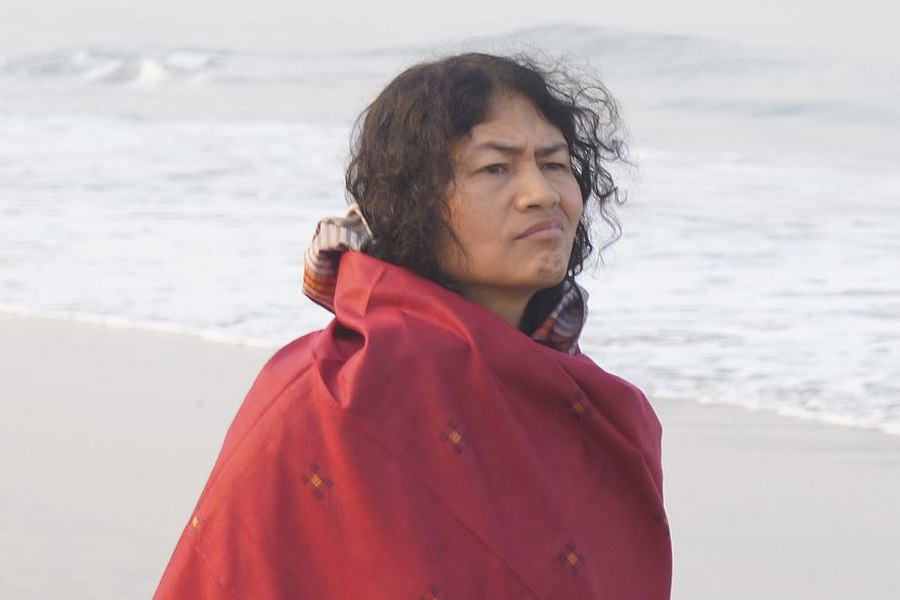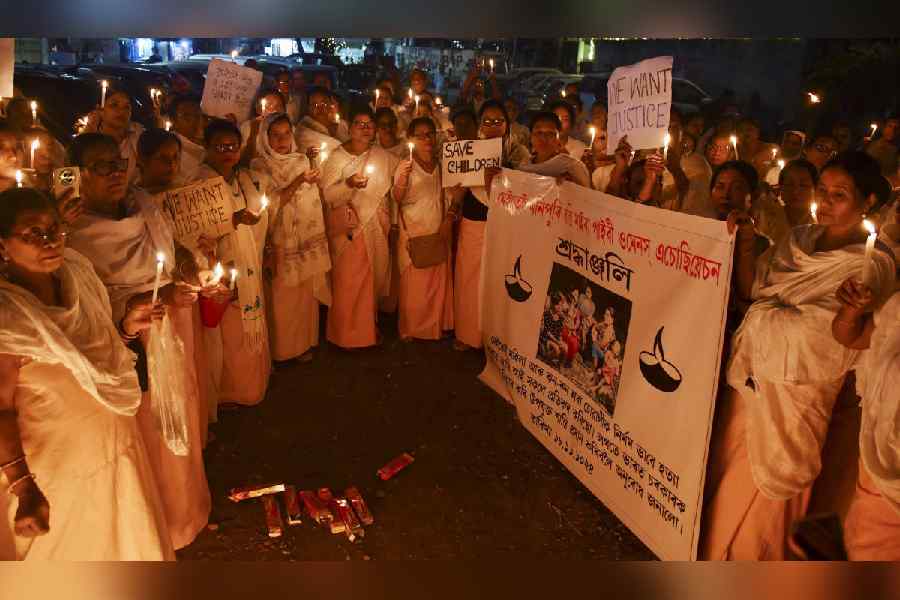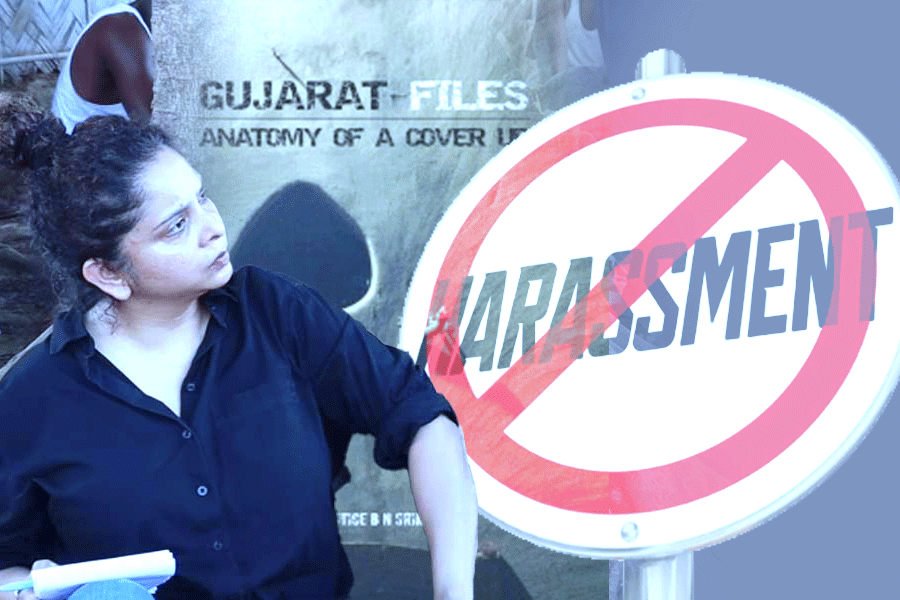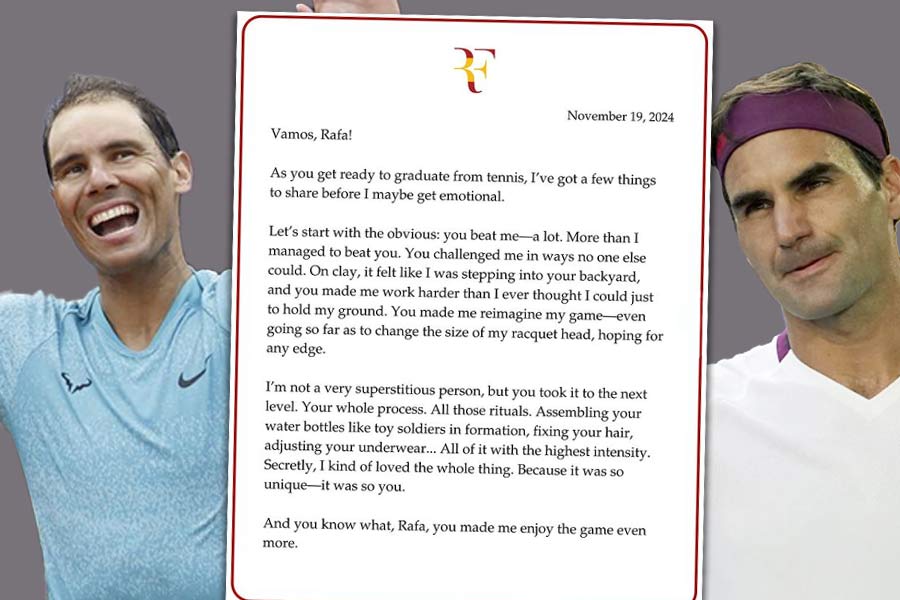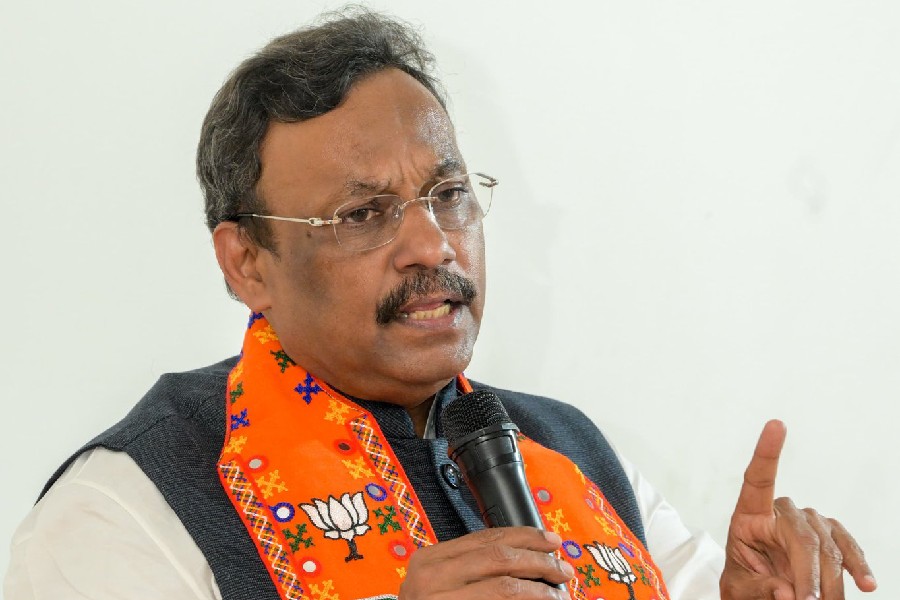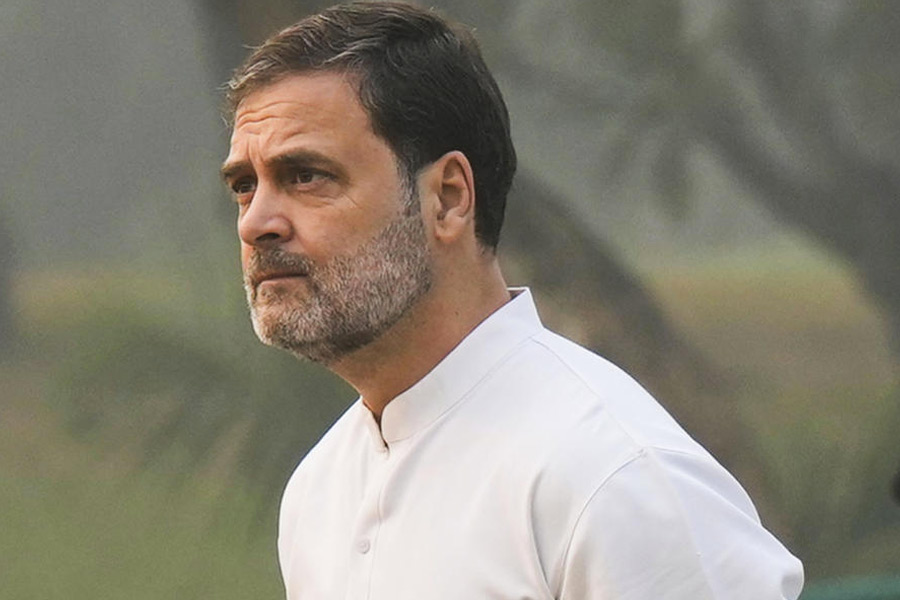A third of 15,000 families associated with a Sunderbans-based non-profit organisation are staring at starvation because of the ongoing lockdown, the founder of the NGO said.
“Our reach is limited to five blocks in the Sunderbans. This number is from those five blocks alone. The actual number of people in a similar or worse condition in the entire region will be huge,” said Sankar Halder, the founder of Mukti, whose work includes agricultural support for farmers, education of children and self-help business groups for women, to name a few.
Mukti has just concluded a survey among dependent families in Patharpratima, Mathurapur I, Mathurapur II, Joynagar II and Kultali blocks in the wake of the lockdown. The survey categorised the families into three sections, the third being the worst-hit.
“The results show that 5,000 families are in the third category, meaning they need an immediate supply of food and water,” said Halder, an IT professional who had founded Mukti in 2003.
Mukti has arranged dry ration, oil and other essential stuff for around 2,000 families, with help from some Calcutta-based organisations, led by the Kolkata Gives Foundation. But the fate of many others remains uncertain.
Halder shared a series of videos with Metro that captured the mood of the households the Mukti volunteers visited during the survey.
One such video shows a middle-aged woman, with a baby in her lap, and a hearing impaired man next to her in a mud house. Another woman is seen in the background beside what looks like mud oven. A girl is sitting near the woman.
“Khawa jutchhena. Ranna korbo bose achhi. Kintu ranna korbo ki diye (We are not getting food. I am ready to cook but what do I cook?),” the middle-aged woman asks the volunteer.
Another video shows an elderly couple sitting in another mud house, with tarpaulin sheets acting as walls. The woman, who identifies herself as Geeta Naskar, says she is a “cancer patient” and shows a big red lump on her right breast.
“We don’t have anything to eat, nor any money to buy his medicine. Our son works in Calcutta. He has come back and is out in search of some cash or food,” she says, before breaking down.
The men of the families are involved in farming, organic farming and fishing. The women are part of self-help groups that make puffed rice, pickles, bori, dairy and other edibles.
The women are also involved in poultry farming. They sell their products in the local wholesale markets from where the produce is sold in Calcutta and other places.
But the lockdown has shut most wholesale markets. The entire supply chain, from wholesaler to transporter to retailer, has been crippled.
“Only one or two small bazaars are open. Say a farmer produces 200 quintals of ladies’ fingers, he can sell only a minuscule portion in the retail market. His main source of income is the wholesale market. If that is shut, the farmer’s income is also gone,” Raghunath Bairagi, a Mukti volunteer, said. “Around 95 per cent of our sales channels are shut.”
The NGO has been ferrying a small portion of the organic produce to sell it at some of the city’s apartment blocks.
Lakhs from the Sunderbans embark on short journeys on packed suburban trains to and from Calcutta, where they work as domestic help or sell vegetables at markets. A majority of these people have also come back with little or no cash, said Bairagi.


